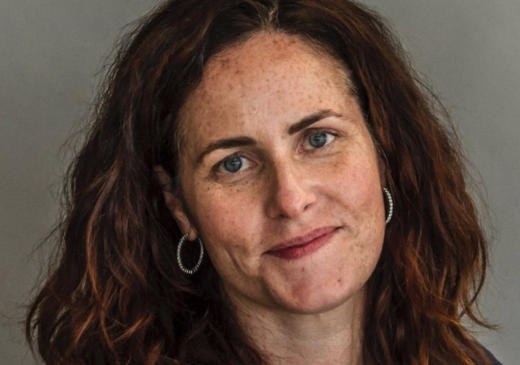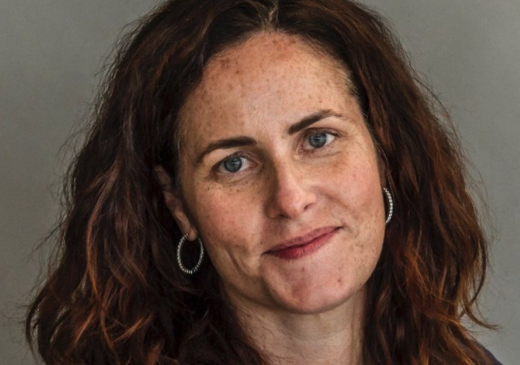- A third of US consumers who used buy now, pay later (BNPL) services have fallen behind on one or more payments
- The study surveyed 1044 adults in the US last month to measure their interest in BNPL and found 44 per cent had used the services
- More than half of Gen Z or Millennial respondents said they had missed at least one payment
- That compares with 22 per cent of Gen X respondents and 10 per cent of Baby Boomers
- Major providers have reported significant spikes in volumes, largely as a result of stay-at-home mandates and other lockdown restrictions
According to a study by personal finance company Credit Karma, a third of US consumers who used buy now, pay later (BNPL) services have fallen behind on one or more payments, and 72 per cent of those said their credit score declined.
Conducted by software firm Qualtrics, the study surveyed 1044 adult consumers in the US last month to measure their interest in BNPL and found 44 per cent had used the services.
The usage figure was slightly up from a similar survey conducted by Credit Karma in December, while missed payments dropped from 38 per cent.
Notably, the survey found younger consumers were more likely to miss payments. More than half of Gen Z or Millennial respondents — those born between the early 1980s and mid-to-late 1990s — said they had missed at least one payment. That compares with 22 per cent of Gen X, who were born in the early 1960s to early 1980s, and 10 per cent of Baby Boomers, those born between the mid-1940s and early 1960s.
The increase appears to coincide with a surge in the use of BNPL services, which allow consumers to split payments for purchases into instalments. Major providers such as Klarna, Affirm Holdings, AfterPay and PayPal have reported significant spikes in volumes, largely as a result of stay-at-home mandates and other lockdown restrictions.
Such an explosive rate of growth has also led to a rise in dealmaking and competition. Earlier this week, PayPal announced it would acquire Japanese BNPL platform Paidy, while Square Inc said last month it would acquire AfterPay.
That growth has led to a similar increase in scrutiny from regulators, who have raised concerns about people taking on more debt than they can handle.
“It’s easier than ever to purchase an item — and finance it — without even thinking about the implications of the purchase,” said Colleen McCreary, financial advocate at Credit Karma. “It’s this disconnect between making a purchase and actually paying for it where consumers can get in trouble.”
Most consumers who used BNPL services said the transaction was for — on average — $500 or less. Low-cost purchases were most common among Gen Z, with nearly half using BNPL services to pay for expenses of $100 or less.







